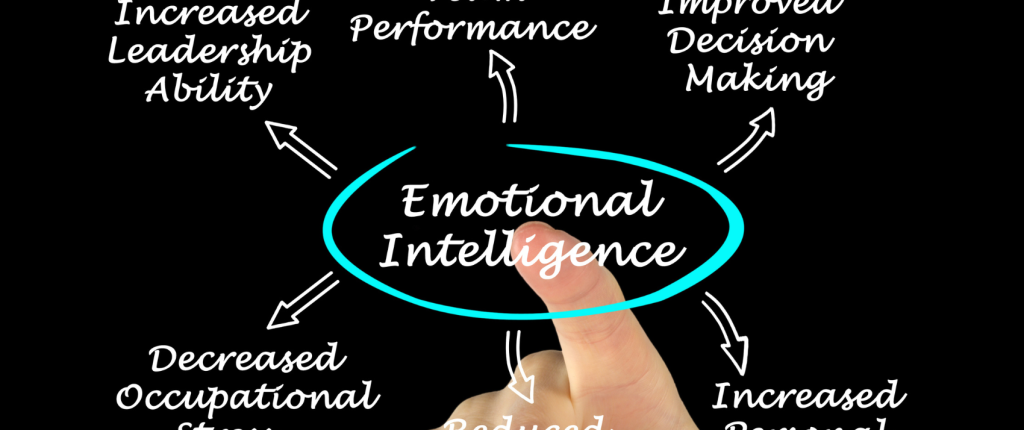As Generation Z (born between 1997 and 2012) enters the workforce, they bring a unique set of characteristics, values, and expectations that differentiate them from previous generations. For leaders, understanding these differences and adapting management strategies accordingly is crucial for fostering a productive, innovative, and harmonious work environment.
Understanding Generation Z
- Digital Natives: Gen Z has grown up with technology at their fingertips. Unlike Millennials, who witnessed the transition from analog to digital, Gen Z has been immersed in digital technology from birth. This makes them incredibly tech-savvy and adaptable to new tools and platforms, but also reliant on digital communication and solutions.
- Value-Driven: This generation places a high value on purpose and social responsibility. They prefer to work for companies that align with their values and contribute positively to society. Environmental sustainability, diversity, and ethical practices are not just nice-to-haves but essential components of their ideal workplace.
- Desire for Stability: Contrary to the job-hopping stereotype of Millennials, Gen Z values job security and stability. Economic uncertainties during their formative years have made them more risk-averse and pragmatic in their career choices. They seek roles that offer clear career progression and stability.
- Leaders Who Guide by Consensus: Gen Z is less hierarchical than previous generations. According to Roberta Katz, a former senior research scholar at Stanford’s Center for Advanced Study in the Behavioural Sciences (CASBS), “They don’t believe in hierarchy for hierarchy’s sake. They do believe in hierarchy where it is useful.” Instead, Gen Z prefer leadership based on expertise that is task or time specific. This means they favour management models where leadership roles rotate among team members, known as “rotating leadership.” Another style they prefer is “collaborative leadership,” in which people from across the organisation participate in decision-making and problem-solving. Transparency is also important to them. They value open communication and expect leaders to be honest and forthcoming about company decisions and policies. This emphasis on transparency fosters trust and encourages a more engaged and motivated workforce.
- Entrepreneurial Spirit: Gen Z is highly entrepreneurial, with many having engaged in freelance work, gig economy jobs, or side hustles while still in school. They bring a spirit of innovation and a desire for autonomy in the workplace.
Differences Between Millennials and Generation Z
- Technological Fluency vs. Dependency
While Millennials are proficient with technology, Gen Z’s entire lifestyle is interwoven with digital tools. Leaders should recognise Gen Z’s dependence on technology for both efficiency and communication.
- Job Stability vs. Mobility
Millennials are known for valuing experiences and flexibility, often changing jobs to seek new challenges and growth opportunities. In contrast, Gen Z’s preference for stability means they are likely to stay longer with an employer that provides clear growth pathways.
- Work-Life Balance vs. Integration
Millennials strive for a balance between work and personal life, often drawing clear lines between the two. Gen Z, having seen the flexibility of remote work during their early professional experiences, tends to integrate work and life more fluidly, valuing flexible schedules that accommodate their personal needs.
What Does This Mean for Employers?
According to Deloitte, Gen Z will demand greater personalisation in their career journeys. For organisations to attract and retain the best and brightest of this generation, it requires a different mindset. Employers must be ready to evolve rapidly to match the external environment. This involves developing robust training and leadership programs with a genuine focus on diversity.
To attract Gen Z, employers need to develop profiles of ideal employees and establish internal apprenticeship programs. Alternatively, they can hire smart, talented individuals and match them with suitable roles once they are within the organisation. Partnering with universities to attract top female talent, especially for tech roles, can increase the number of women candidates. Offering latticed career paths and multiple work formats provides flexibility and growth opportunities, which are highly valued by this generation.
Setting up internal marketplaces to match projects with employees’ skill sets can enhance job satisfaction and productivity. Leveraging the expertise of Gen X, Gen Y, and Boomers to mentor Gen Z employees helps develop them into strong leaders. Additionally, employers should consider the attractiveness of their industry and the reputation of their company. Planning strategies accordingly will make the organisation more appealing to Gen Z.
For example, integrating elements of personalised learning and development into the workplace can be inspired by the way AI is utilised in education and training. Just as AI enhances learning outcomes and personalises educational experiences, companies can use similar approaches to tailor career development programs for Gen Z employees. This not only attracts talent but also fosters a culture of continuous improvement and adaptability, mirroring the innovative approaches seen in educational institutions like Regenesys Business School.
By embracing these strategies, organisations can create a work environment that resonates with Gen Z, ensuring they attract and retain this dynamic and innovative generation.
Conclusion
Leading Gen Z effectively requires a blend of embracing their technological prowess, understanding their values, and adapting to their communication and work preferences. By recognising and leveraging the unique strengths of Gen Z, leaders can cultivate a dynamic, innovative, and loyal workforce prepared to drive the future of work. The key lies in flexibility, empathy, and a commitment to continuous growth and development.










1 Comment
Thanks for your write-up. One other thing is the fact individual states in the United states of america have their unique laws that will affect house owners, which makes it quite hard for the our elected representatives to come up with a brand new set of rules concerning foreclosed on property owners. The problem is that each state possesses own laws which may have interaction in an unfavorable manner with regards to foreclosure procedures.